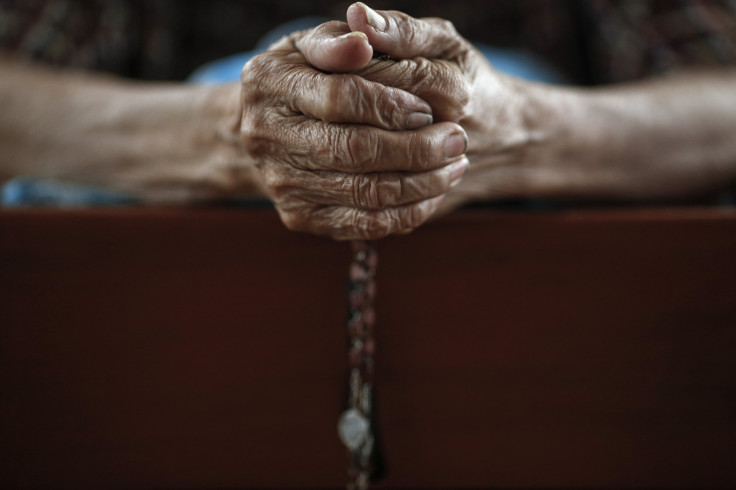Study Finds Loneliness Is ‘Unsafe,’ Links Feeling Isolated With Greater Chance Of Dying Early

Researchers studying the effects of loneliness on a person’s health found that those who consistently feel disconnected from others are 19 percent more likely to die early. That puts feeling lonely on par with poverty in its correlation with premature death.
The findings were introduced at the American Association for the Advancement of Science annual meeting in Chicago. According to the University of Chicago News, psychologist John Cacioppo looked at the deterioration of people’s mental and physical health as they age. He noted the effect relationships have on elderly people’s resilience, the ability to bounce back after adversity and stress.
Cacioppo and his colleagues found that feeling isolated worsened people’s sleep patterns and blood pressure and even increased morning rises in the stress hormone cortisol.
"Loneliness is a risk factor for early death beyond what can be explained by poor health behaviors," Cacioppo, who is the director of the Center for Cognitive and Social Neuroscience at the University of Chicago, told USA Today. "Feeling lonely isn't only unhappy; it's unsafe."
Cacioppo warned that as U.S. Baby Boomers reach retirement age, special attention should be given to how to protect oneself from depression. The best thing to do is to seek companionship.
“Retiring to Florida to live in a warmer climate among strangers isn’t necessarily a good idea if it means you are disconnected from the people who mean the most to you,” said Cacioppo. “Population changes make understanding the role of loneliness and health all the more important.”
Cacioppo’s research identified three main dimensions to combating loneliness in old age. They are: having someone in your life who gives you affirmation, having face-to-face contact with people during which both parties are rewarded, and feeling that you’re part of a group or collective beyond yourself.
That’s not to say that older people who live alone are always lonely. Being socially engaged and enjoying the company of others are ways to beat feelings of loneliness.
The recent study builds on Cacioppo’s previous research on the effects of loneliness on mental health. According to research from 2012, feeling lonely can send people into a downward spiral toward bad health. It can even lead to a hardening of the arteries, which causes high blood pressure, and inflammation in the body. He concluded that the benefits of social engagement may be hard-wired into us.
"Much like the threat of physical pain, loneliness protects your social body. It lets you know when social connections start to fray, and causes the brain to go on alert for social threats," Cacioppo told LiveScience in 2012. "Being lonely can produce hyper-reactivity to negative behaviors in other people, so lonely people see those maltreatments as heavier. That makes it possible to fall more deeply into loneliness."
© Copyright IBTimes 2024. All rights reserved.






















